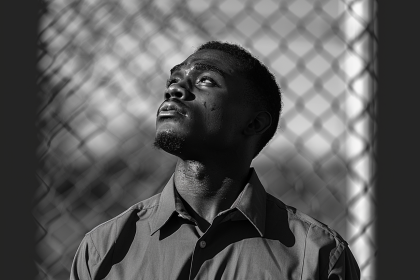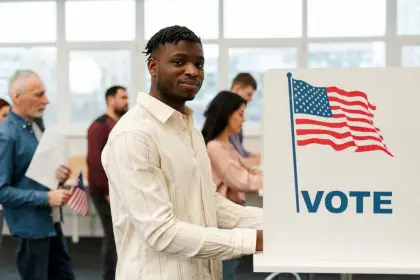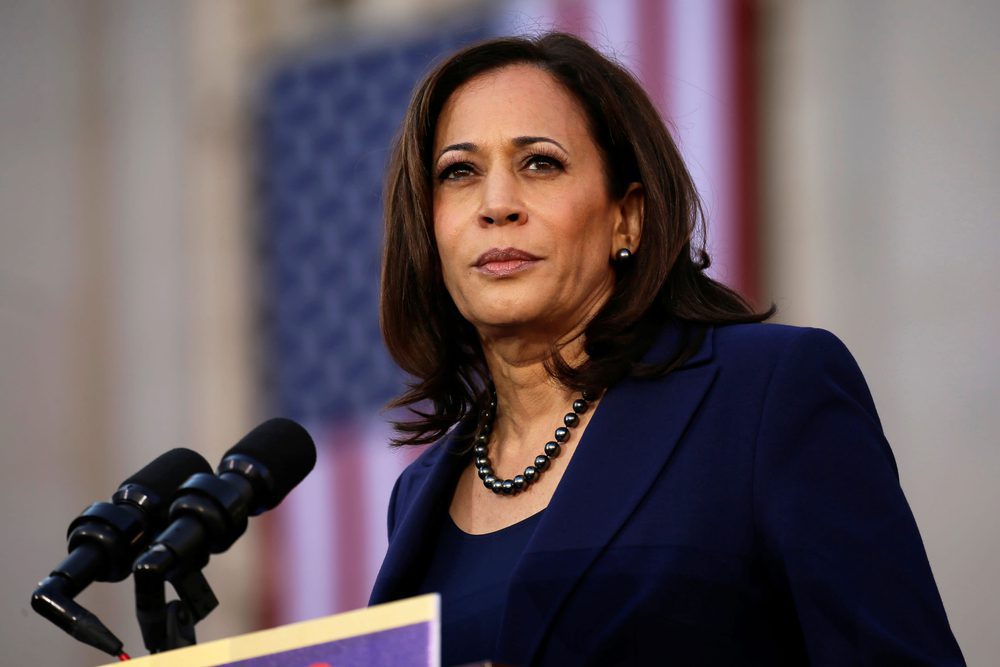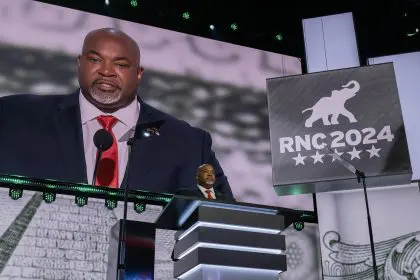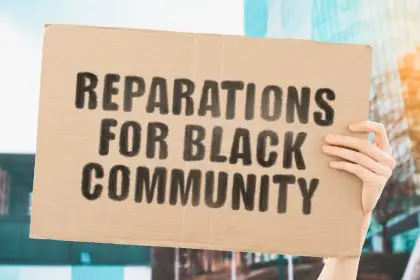
Not only have White Americans spent decades telling Black people to “get over” slavery, but they also have been vehemently against providing any reparations as penance for past atrocities committed against the country’s oppressed citizens.
Until today.
In Asheville, North Carolina, members of the city council unanimously voted to provide a formal apology to its African American populace. Additionally, council members also agreed wholeheartedly with providing reparations as part of a reconciliation package.
“Black people have been unjustly targeted by law enforcement and criminal justice procedures, incarcerated at disproportionate rates and subsequently excluded from full participation in the benefits of citizenship that include voting, employment, housing and health care,” the council wrote in the resolution, according to The New York Times.
The chief backer of the resolution, Councilman Keith Young, who is one of two Blacks on the city council, said it is woefully insufficient and disingenuous to think that symbolic gestures are the antidotes to hundreds of years of mistreatment.
“It is simply not enough to remove statutes. Black people in this country are dealing with issues that are systemic in nature,” he said, according to NPR. “The blood capital that we have banked to spend today to fight for significant change came predominantly not from our allies but from Black men, women and children who died.“
The multilayered resolution does several things simultaneously, including offering a formal apology from the city of Asheville for its role in the institution of slavery; the decades-long enforcement of Jim Crow laws or legal segregation, and the euphemistically termed “urban renewal” efforts that decimated the city’s Black residential and business communities.
Furthermore, the resolution empowers the city manager to “establish a process within the next year to develop short-, medium- and long-term recommendations to specifically address the creation of generational wealth and to boost economic mobility and opportunity in the Black community.”
What the resolution does not provide, however, is direct payments to the Black residents the city has historically wronged. According to People magazine, the city will configure programs and investments that will work toward closing the vast wealth chasm between its White and Black residents.
Through the vehicle known as the Community Reparations Commission, the program has set about “increasing minority homeownership and access to other affordable housing, increasing minority business ownership and career opportunities, strategies to grow equity and generational wealth, closing the gaps in health care, education, employment and pay, neighborhood safety and fairness within criminal justice.”
What do you make of Asheville’s apology and form of reparations to its Black citizenry?

